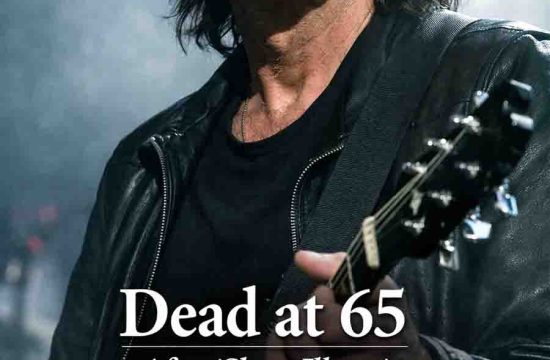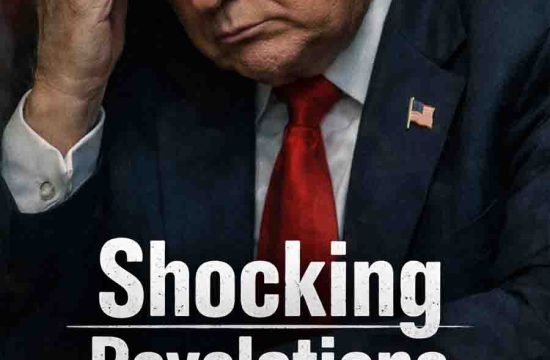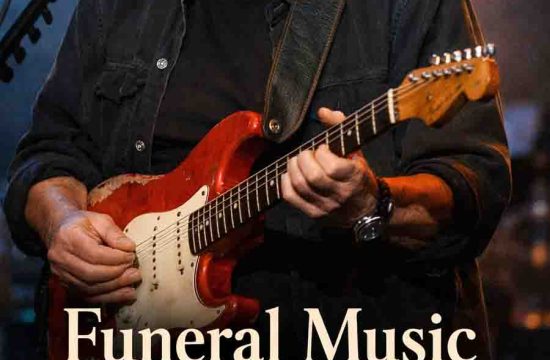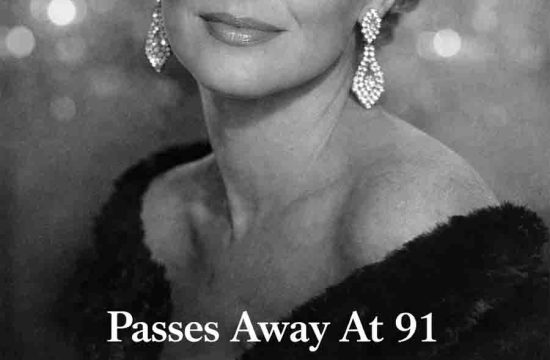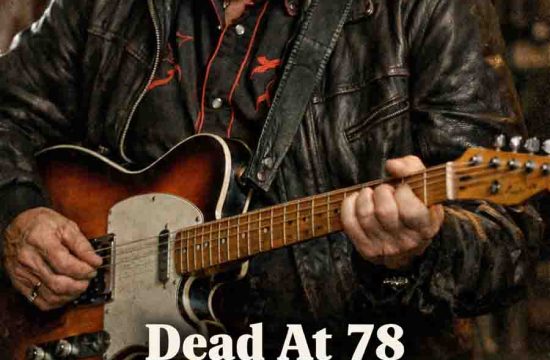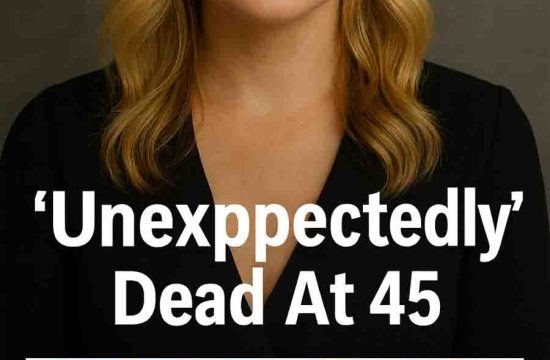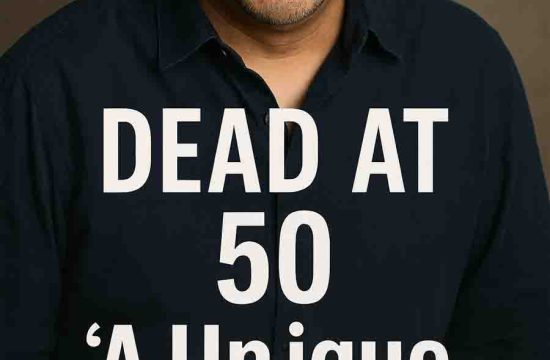President Threatens Other TV Networks Amid Jimmy Kimmel Fallout
A Fresh Clash Between Politics, Media, and Free Speech
The fallout from President Donald Trump’s ongoing dispute with ABC over the suspension of late-night host Jimmy Kimmel has taken a dramatic turn. In a series of statements and social media posts this week, Trump escalated his criticism—now extending his ire beyond ABC to other major television networks, warning that their broadcast licenses could be in jeopardy if they “continue to spread lies.”
The move has drawn immediate backlash from journalists, free speech advocates, and even some lawmakers, who warn that such rhetoric poses a grave threat to press freedom in the United States.
The Jimmy Kimmel Trigger
The controversy began after Kimmel, a long-time critic of Trump, delivered a biting monologue that mocked the president’s handling of both domestic and foreign affairs. Days later, ABC announced Kimmel’s suspension, citing “violations of internal policy.” The timing, however, raised suspicions of political pressure, as Trump himself publicly demanded that ABC “take action” against the comedian.
Kimmel’s supporters argue that the suspension amounts to censorship, while Trump’s allies contend that the comedian’s remarks crossed into territory of “defamation and indecency.”
Threats to Other Networks
In a move that broadened the battle, Trump signaled that NBC, CBS, and even Fox could face scrutiny if they “cross the line.” According to insiders, the administration is exploring whether networks’ broadcast licenses could be challenged on grounds of “bias” and “misinformation.”
Legal experts, however, note that broadcast licenses are governed by the Federal Communications Commission (FCC), which traditionally avoids content-based decisions due to First Amendment protections. “The president has no direct authority to revoke licenses based on coverage he dislikes,” said one constitutional lawyer.
Political and Public Reaction
Reactions across the political spectrum have been fierce:
-
Democrats denounced the remarks as “authoritarian” and “dangerous,” with several calling for congressional hearings on the matter.
-
Some Republicans defended Trump, arguing that media bias against the president has reached “unprecedented levels.”
-
Free press organizations like Reporters Without Borders issued urgent statements, warning that attempts to pressure media outlets through licensing threats could erode democratic norms.
Public opinion, meanwhile, appears sharply divided. Supporters see Trump as fighting back against “media elites,” while critics fear a chilling effect on political satire and journalism.
Larger Context: Trump vs. The Media
This isn’t the first time Trump has clashed with the press. From labeling outlets “fake news” to blocking White House press access for certain reporters, his presidency has been marked by an ongoing war with the mainstream media.
What makes this episode notable, however, is the direct linkage between a media figure’s suspension and presidential threats of legal or regulatory retaliation. Analysts suggest this could mark a new phase in Trump’s strategy: not merely discrediting the press, but actively seeking to curtail its reach.
What’s Next?
The FCC has not yet issued a response to Trump’s remarks, but officials are expected to face intense scrutiny if any licensing reviews are initiated. Meanwhile, ABC’s handling of Jimmy Kimmel’s suspension remains under the microscope, with speculation growing about whether the network will reinstate him or part ways permanently.



